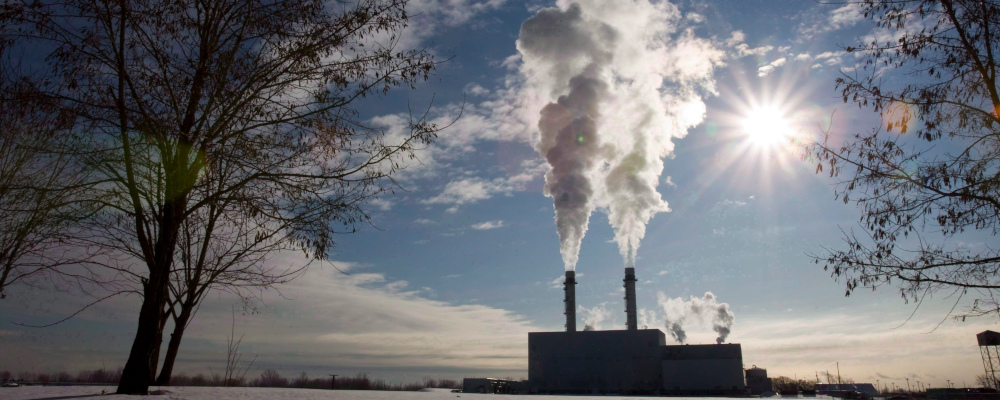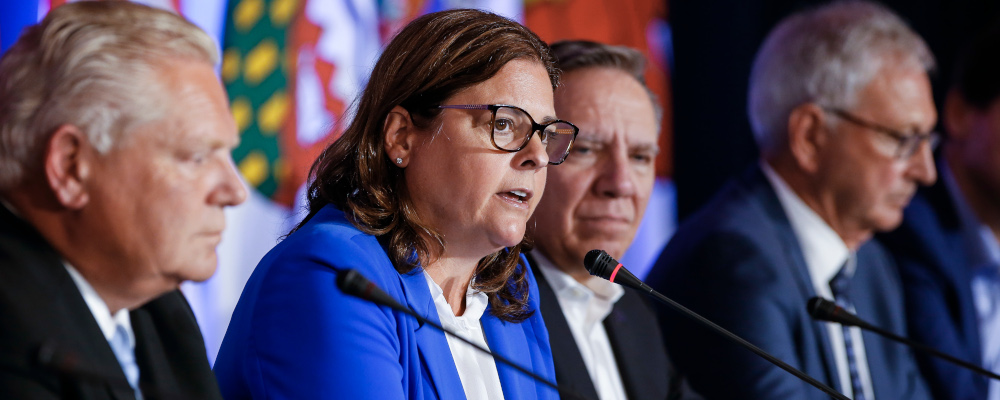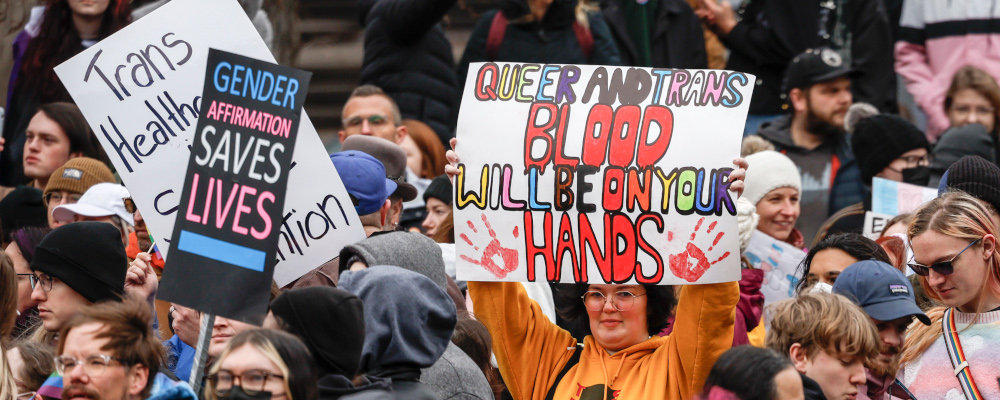Since Confederation, unnecessary internal trade barriers have hindered Canada’s economy. Booze is a famous example, but these barriers bog us down in sectors as disparate as electricity, labour, and transportation, among others. Collectively, they create an enormous drag on Canadian productivity and GDP.
There’s a tendency to believe that interprovincial trade restrictions are the result of historical decisions that are difficult to unwind. Why else would it still be illegal to bring 19 cans of beer from Quebec into New Brunswick? You might assume that endless studies and public handwringing by successive governments would prevent us from erecting more barriers. But you’d be wrong. Now, trade barriers between provincial carbon markets are slowing the growth of Canada’s low-carbon economy.
Alberta was the first jurisdiction in North America to put a price on carbon in 2007. Today, all 10 Canadian provinces are using industrial carbon pricing to decarbonize heavy industries—cement, steel, aluminum, oil and gas, pulp and paper, petrochemicals, and so forth.

Most provincial carbon markets are still young and developing, but they share an important and unfortunate characteristic: credits generated in one market can’t be traded on any of the others. For example, if a company with operations in both Ontario and Alberta needs carbon credits to stay compliant in Alberta, it can’t transfer its Ontario credits to Alberta. Instead, it might have to sell credits in Ontario and buy them in Alberta.
We’ve created a uniquely convoluted system that ends up discouraging industry from investing across Canada.
The carbon market trade barrier isn’t malicious—quite the opposite. It comes from the good intentions of policymakers tailoring these markets to the unique dynamics of their jurisdictions. Yet the unintended consequence is to hamstring decarbonization and low-carbon investment across every one of our major industrial sectors.
Carbon markets remain the most flexible and technology-neutral policy tool to reduce Canada’s industrial emissions, but they can’t live up to their full potential if we don’t open them up.
The challenge of facilitating cross-border carbon markets isn’t unique to Canada. At the international level, Article 6 of the Paris Agreement now allows countries to voluntarily trade emissions reduction credits. If you’ve heard about Article 6, it’s likely from the public discussion about crediting Canadian LNG exports for cuts in coal emissions abroad. In early January, Switzerland and Thailand completed the first exchange of credits under Article 6. Not only does this provide proof of concept, but it also shows that the UN is tackling carbon trade barriers faster than we are.
We need to catch up. It’s time to seize the win-win proposition of integrating Canada’s carbon markets to facilitate new investment and growth. There are several different ways to get there, but they all require vision and leadership.
Provinces could drive carbon-market integration. They’re in charge of their own markets and have considerable freedom to operate them as they see fit. There is nothing stopping, say, Alberta and Saskatchewan from linking their systems. Linkage could reduce overhead and redundant bureaucracy and open up new low-carbon investment opportunities for both provinces, all while providing easier compliance options to industry. As an alternative to full integration, provinces could allow credits to cross provincial borders but maintain the independence of their industrial carbon pricing systems.

Taking this a step further, multiple provinces could integrate their systems. We have already seen provinces band together to eliminate regional trade barriers, such as with the New West Partnership Trade Agreement. Why not a New West Carbon Market, or an Atlantic Carbon Market?
A truly national carbon market would benefit from federal leadership, but the federal government should not unilaterally impose this program. The question then becomes, what could the federal government bring to the table that would encourage the provinces to play ball? A good place to start would be a commitment to shelve regulations that would overlap with a robust national carbon market, most notably the oil and gas emissions cap, along with a revamped commitment to regulatory and permitting reform. From there, good-faith negotiation to create a national market becomes easier. The federal government could sweeten the pot even further by offering low-carbon financing to provinces that either opt into a national market or link with other provinces at a specified minimum carbon price. There are plenty of creative ways for the federal government to provide this financing at minimal fiscal cost.
Canada faces enough barriers to growth, productivity, and decarbonization. When it comes to the race to net-zero, we can’t keep tying our shoelaces together. It’s time to pull down a few trade barriers.
Recommended for You

Ginny Roth: J.D. Vance, Pierre Poilievre, and how they slice their economic pie

David Polansky: As President Biden leaves the race, will the Democratic Party hodgepodge hold?

Five Tweets on Western Canada’s devastating wildfires

RCMP spending to protect MPs may have risen 112% since 2018, as Canadian politicians face greater rise in threats










